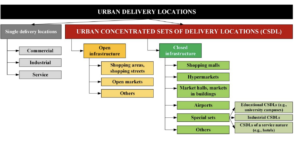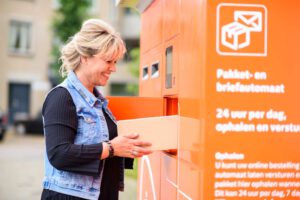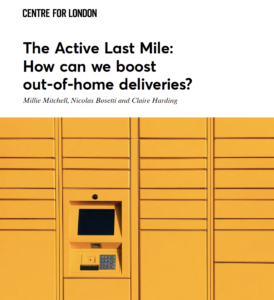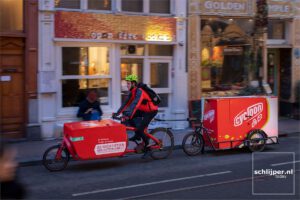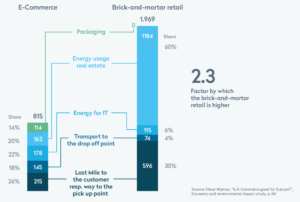Research: consolidation through resourcing in last-mile retail logistics
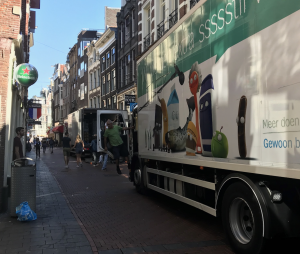
A new paper assesses how various ways of organizing last-mile logistics impact resource utilization and, in turn, opportunities for consolidating goods. The paper combines a conceptualization of resourcing and consolidation from the literature with an analysis of contemporary last-mile logistics options in the Swedish retail market. Based on the analysis of three forms of last-mile …

